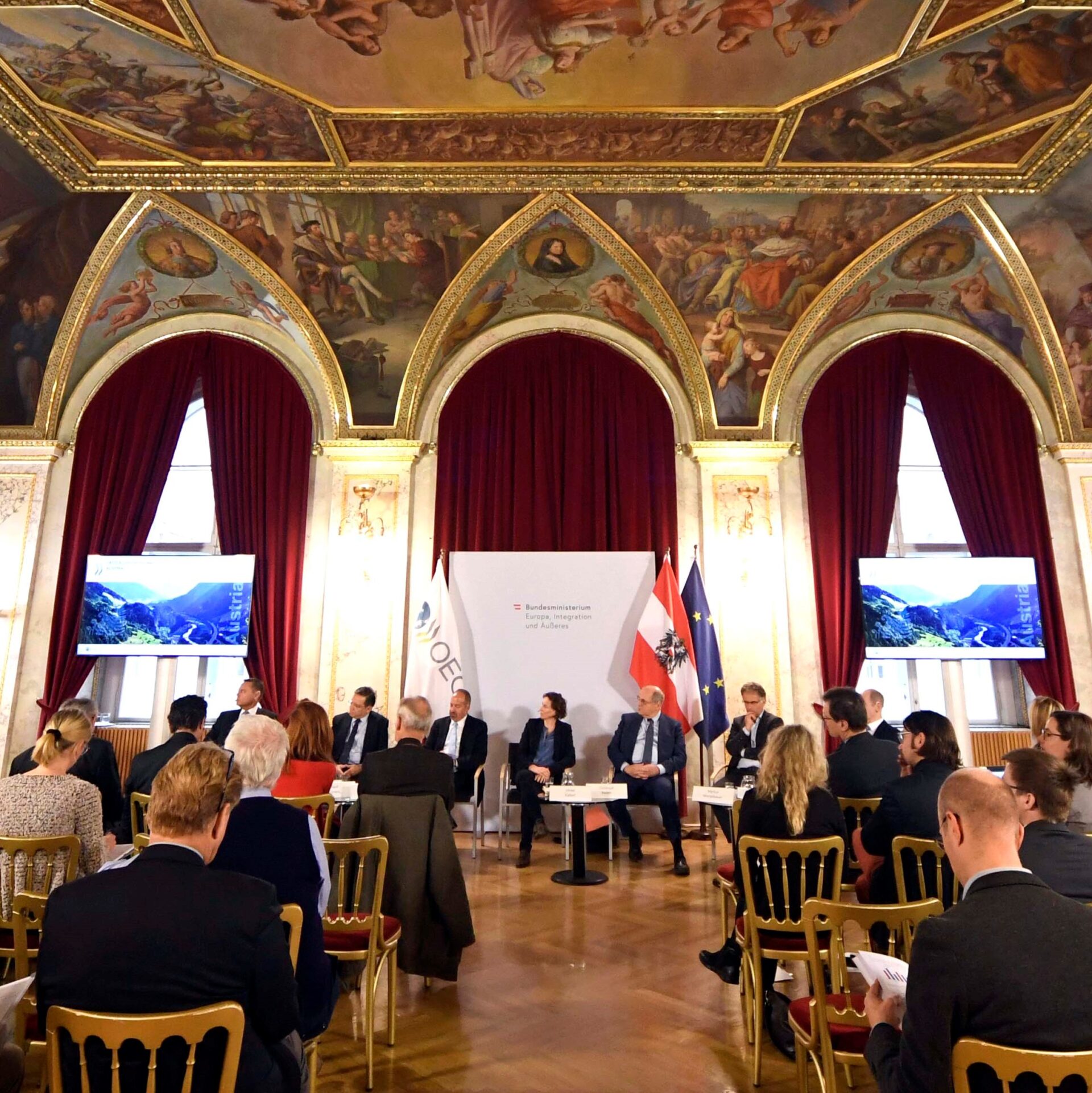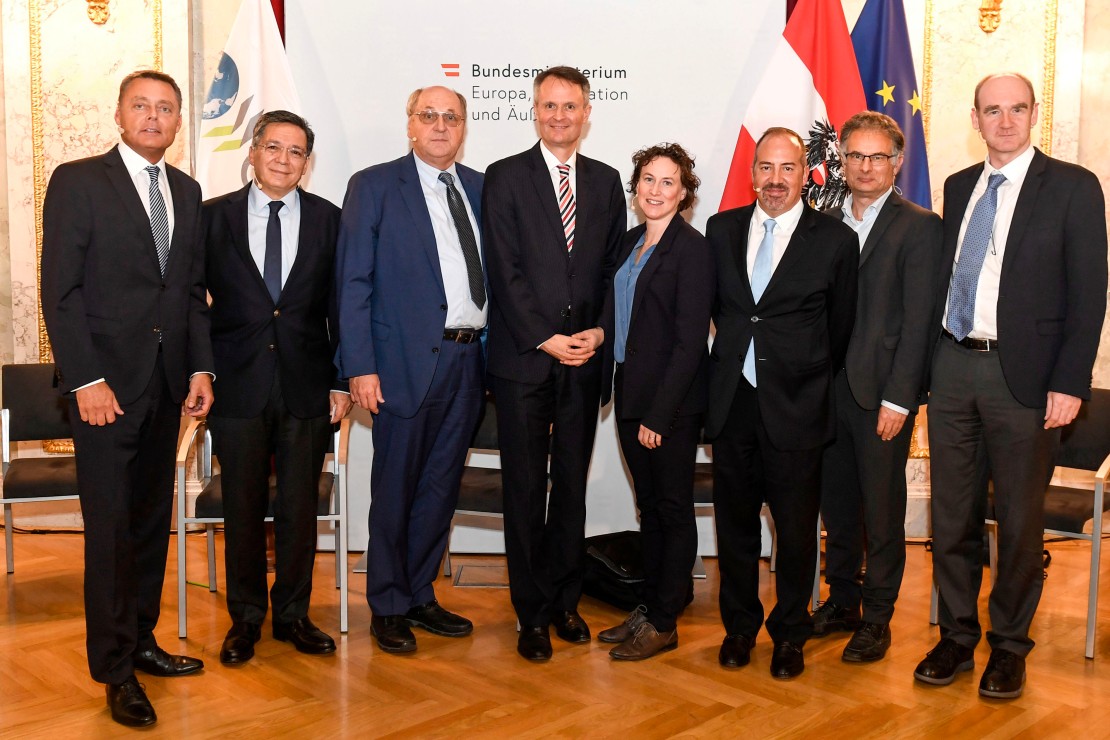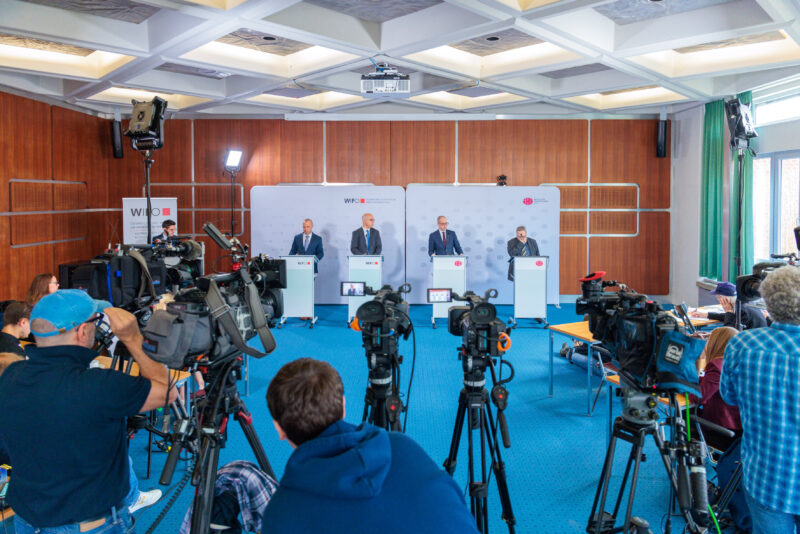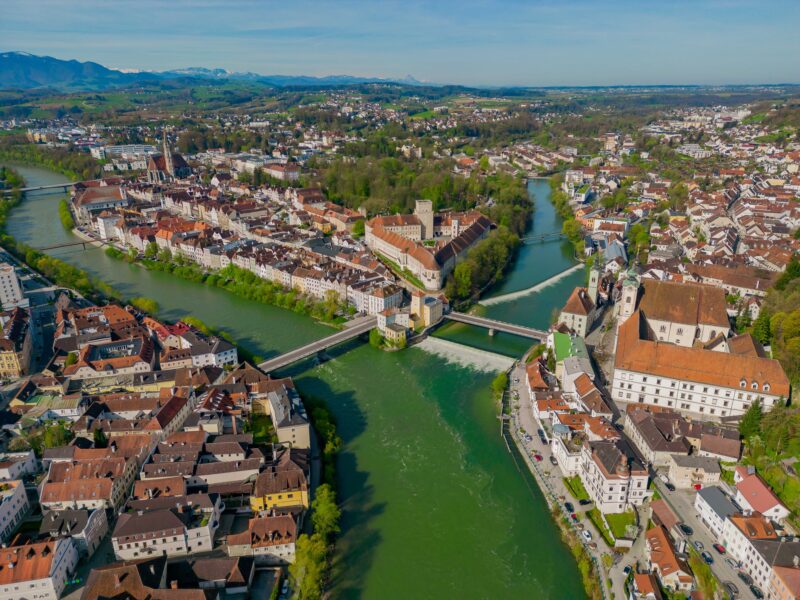
OECD Economic Survey Austria 2019
During the opening section at the Federal Ministry for Europe, Integration and Foreign Affairs ambassador Andreas Riecken underlined the high quality and multidimensionality of the analysis as well as the importance of the survey for Austrian politics and society. Álvaro Santos Pereira, OECD Director of the Country Studies Branch, presented the Survey.
In the subsequent discussion led by Ulrike Katterl (Rechnungshof) with Markus Marterbauer (Vienna Chamber of Labour), Christoph Schneider (Austrian Economic Chamber) and Thomas Oberholzner (Austrian Institute for SME Research), WIFO Director Christoph Badelt outlined how Austria's international competitiveness can be improved even in times of a global downturn – for example through "long overdue structural reforms in the areas of public administration, education and integration".
The OECD Economic Report also identifies a need for action in these areas. "It goes without saying that the government negotiation teams should not ignore these conclusions and should be prepared for a common effort to develop positive solutions", said Badelt.
The OECD Economic Survey is drawn up every two years. This year's survey examines the impact of weak foreign demand, uncertainties in world trade and the ageing population on the Austrian economy. In particular, the current Economic Survey deals with the Austrian corporate sector. The challenges and opportunities which small and medium-sized enterprises (SMEs) face with regard to increasing productivity, expanding the financing structure, a shortage of skilled workers and the transfer of family businesses are examined especially. In addition, the OECD makes recommendations for increasing economic prosperity and inclusion in the areas of fiscal and financial policy, companies, jobs and skills, as well as social cohesion and the environment.
The full survey can be found here.
 Christoph Schneider (Austrian Economic Chamber), Rauf Gönenç (OECD), Christoph Badelt (WIFO), Andreas Riecken (Federal Ministry for Europe, Integration and Foreign Affairs), Ulrike Katterl (Rechnungshof), Álvaro Santos Pereira (OECD), Markus Marterbauer (Vienna Chamber of Labour), Thomas Oberholzner (Austrian Institute for SME Research) © Mahmoud
Christoph Schneider (Austrian Economic Chamber), Rauf Gönenç (OECD), Christoph Badelt (WIFO), Andreas Riecken (Federal Ministry for Europe, Integration and Foreign Affairs), Ulrike Katterl (Rechnungshof), Álvaro Santos Pereira (OECD), Markus Marterbauer (Vienna Chamber of Labour), Thomas Oberholzner (Austrian Institute for SME Research) © Mahmoud
























